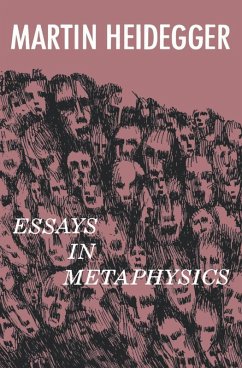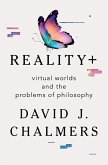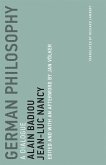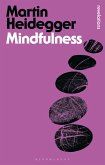The two lectures translated here were published in 1957 under the title Identitat und Differenz. The sensitive and attentive reader will come away with a feeling that he now knows Heidegger, the man, the teacher, better. Heidegger provides illuminating insights and thoughts on many a vital issue-our technological age, religion, language, history, and more-all of which he touches upon here, if only epigrammatically. What makes Heidegger important is his receptiveness, his sensitivity, his ability to be at the heart of the problem and "see" and "hear" when others see and hear nothing.
Bitte wählen Sie Ihr Anliegen aus.
Rechnungen
Retourenschein anfordern
Bestellstatus
Storno









